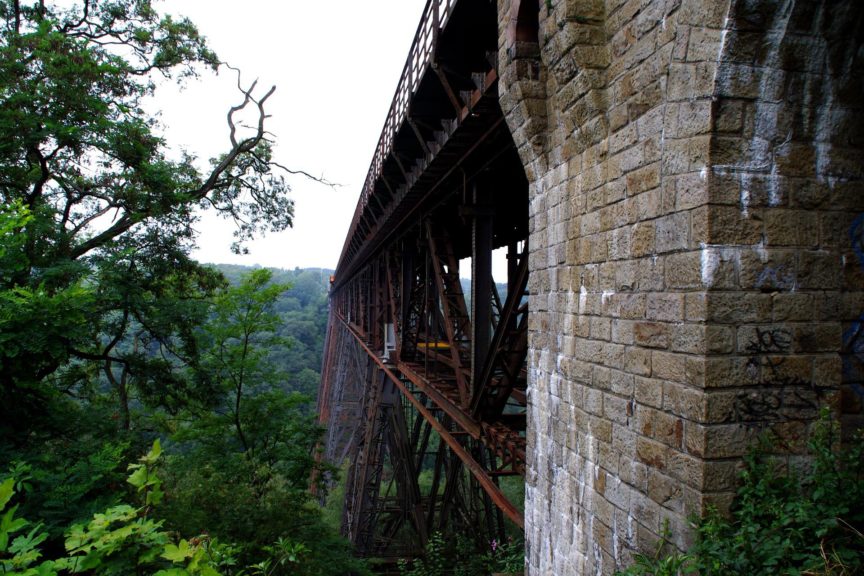Barely have the subjects of polyculturality, interculturality and transculturality entered the national debate on arts education when actual practice in this field appears to be facing challenges of entirely different proportions – in times of displacement and migration, but also ongoing globalisation and European cohesion.
As a consequence, numerous actors and arts education institutions in Germany are addressing these challenges in their own work and launching projects with and for refugees. One of the questions that arises in this context is: What is the role and function of arts education both for new arrivals and organisers and sponsors? Is the aim to develop transcultural values, to promote intercultural understanding, to introduce therapeutic measures or to activate resources?
The second conference “Perspectives of Arts Education in Europe” places the subject of arts education and diversity in a European context.
On 2 and 3 November 2016, the Akademie der Kulturellen Bildung des Bundes und des Landes NRW (Academy of Arts Education) will host a meeting of experts, which is promoted by the Commissioner of the Federal German Government for Culture and Media (BKM). The conference offers experts from Germany and elsewhere in Europe the opportunity to engage in lively discussions and share their views on current trends in arts education practice and research in Europe, focusing this year on the areas of arts education and intercultural affairs, diversity and cooperation with refugees.
Experts from various countries across Europe will discuss different positions in the European debate about dealing with refugees and various concepts relating to the coexistence of majority and minority cultures.
An English-German interpreting service will be provided at the conference.

Barely have the subjects of polyculturality, interculturality and transculturality entered the national debate on arts education when actual practice in this field appears to be facing challenges of entirely different proportions – in times of displacement and migration, but also ongoing globalisation and European cohesion.
As a consequence, numerous actors and arts education institutions in Germany are addressing these challenges in their own work and launching projects with and for refugees. One of the questions that arises in this context is: What is the role and function of arts education both for new arrivals and organisers and sponsors? Is the aim to develop transcultural values, to promote intercultural understanding, to introduce therapeutic measures or to activate resources?
The second conference “Perspectives of Arts Education in Europe” places the subject of arts education and diversity in a European context.
On 2 and 3 November 2016, the Akademie der Kulturellen Bildung des Bundes und des Landes NRW (Academy of Arts Education) will host a meeting of experts, which is promoted by the Commissioner of the Federal German Government for Culture and Media (BKM). The conference offers experts from Germany and elsewhere in Europe the opportunity to engage in lively discussions and share their views on current trends in arts education practice and research in Europe, focusing this year on the areas of arts education and intercultural affairs, diversity and cooperation with refugees.
Experts from various countries across Europe will discuss different positions in the European debate about dealing with refugees and various concepts relating to the coexistence of majority and minority cultures.
An English-German interpreting service will be provided at the conference.